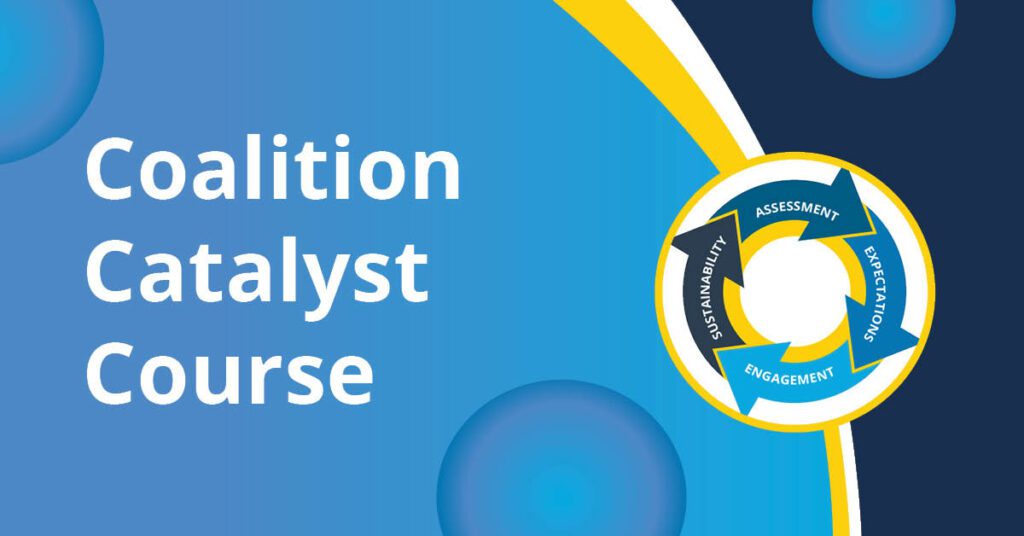In every season, we have experiences and opportunities where we can learn and grow as coalition leaders. Whether we are attempting a new meeting strategy that is working well or we feel stuck in a challenging workgroup, if we are paying attention, each of these situations can teach us something new. Over the next several weeks, we are going to explore common questions and challenges that coalition leaders face – “What do I do when…”. Whether it is dealing with difficult people, struggling with prioritizing, engaging volunteers or building skills, we can learn from and support one another. One of the most important lessons I have re-learned is the need to seek additional guidance from others who can help us when we don’t know what to do. Join me this week as we explore three steps to take when you don’t know what to do.
Admit it.
Although our culture does not support humility, one of the best ways to gain clarity on a challenging situation or relationship is to admit that you are struggling and do not know what to do. When we admit that we are unsure about our next steps, we open our hearts and minds to listen for new possibilities and creative solutions. In order to admit that we do not know, we also have to pause. If we continue trying to accomplish more, please others and prove our worth through our productivity, we will not be in a place to admit when we need support and a new approach to our situation.
Seek mentorship.
Last week, I had the opportunity to convene a mentoring committee. I am in the process of pursuing something that I have never done before and I do not know what to do to be successful. While I have been mentoring several people informally and formally over the past several years, I have not had intentional mentorship for myself in a very long time. During the mentoring meeting, I humbly admitted that I did not know what to do and listened closely to the insights and recommendations of my mentors. I left the meeting with a new energy, excitement and encouragement to take the next steps. I also recognized my personal need for mentorship and look forward to continuing to engage with these colleagues. Additionally, I can remember to seek out other mentors in other areas of my life where I need additional support and guidance.
Try something.
Most of us have heard the quote attributed to Voltaire, “Perfect is the enemy of the good.” When we are in a situation where we do not know what to do, it can be really easy to get stuck and afraid to try something because we are concerned it will be the wrong thing. One of my favorite books (and podcast series) is The Next Right Thing by Emily P. Freeman. In her work, she often reminds us our questions and struggles lead us to “arrows” that go in a direction rather than immediately making a decision. When we try something, we are able to move in a direction that helps us gain clarity. We may discover that what we tried works well and confirms that we want to continue in this path. Alternatively, we may try something else that does not work well and we can learn from that experience to move in a different direction next time.
One of the ways that I have particularly enjoyed providing mentoring is through my online course, Coalition CatalystTM. This asynchronous course is available anytime, and as part of the course, I provide 12 weeks of mentorship through group video chats each Fall and Spring. If you want to learn more, check it out here!

Photo by NEXT Academy on Unsplash

